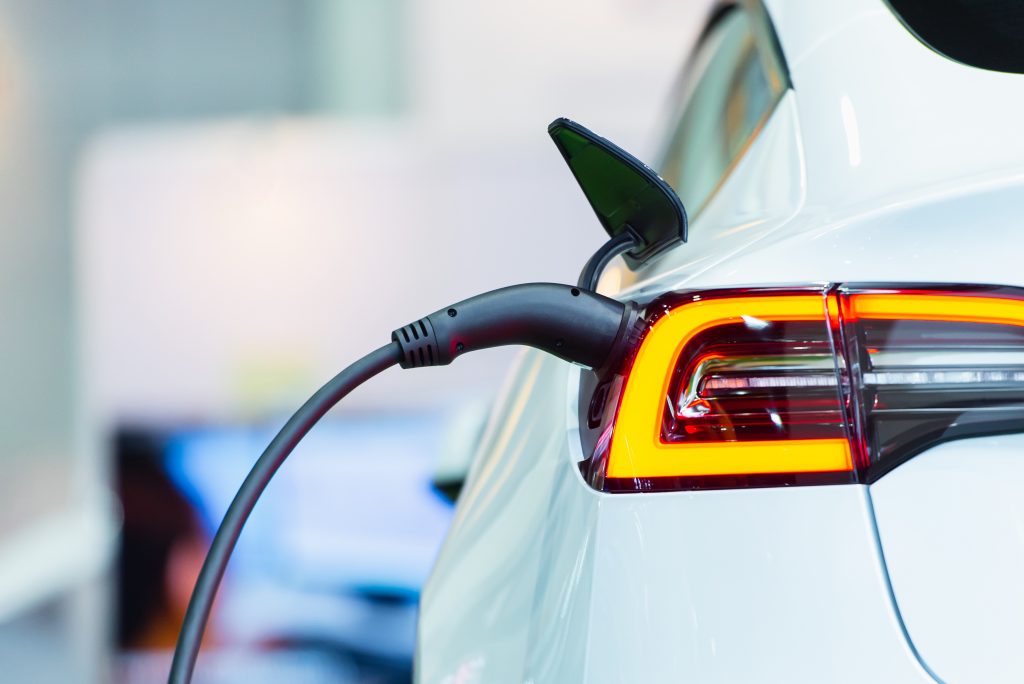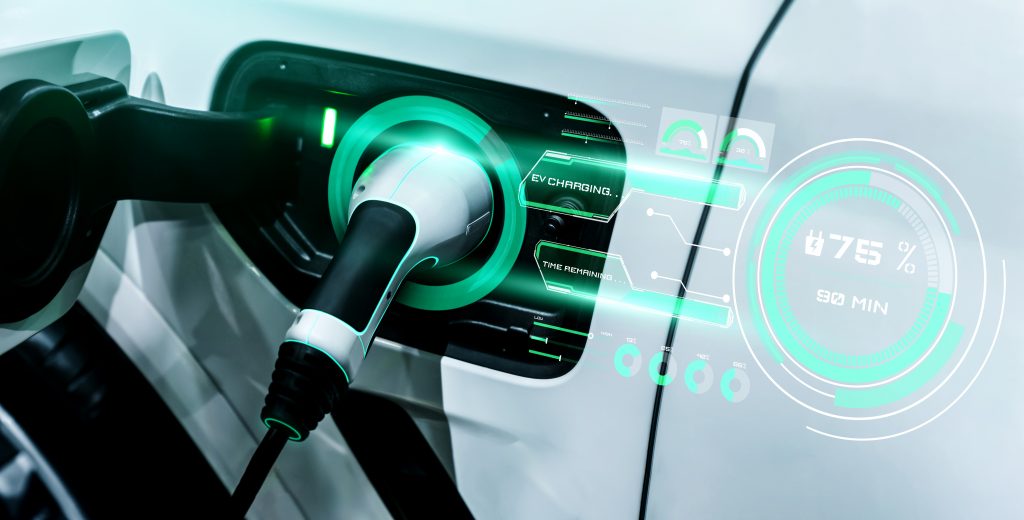What happens to old electric car batteries?
334
As the popularity of electric vehicles (EVs) continues to grow, so do the concerns about their batteries’ fates once they reach the end of their lifespan. While electric vehicles can bring many environmental benefits while they’re on the road, both the production and end-of-life processes could mitigate the positive impacts that they’re designed to have. In this article, we explore exactly how long electric car batteries tend to last and what happens to them when they’re no longer functioning, so you can make an informed decision on whether an electric vehicle is right for you.

Battery lifespan
A big concern for many potential EV buyers is having to replace the battery in their vehicle, as it can be pricey to do so. Exactly how long an EV battery will last will depend on the type of battery and the manufacturer that created it, but on average, an electric car battery should last between 10 to 20 years with typical usage. Of course, this can vary depending on a variety of factors, including the climate, the technology used and the number of miles driven.
Repurposing
Fortunately, even after electric car batteries are past their prime, they continue to retain a significant amount of their original capacity, making them useful in a variety of other applications.
A common use for old electric car batteries is for energy storage. They can be easily integrated into renewable energy systems, such as solar panels or wind farms, optimising the power generated while also retaining any additional electricity. Having a battery as part of a renewable energy system means that power will always be available, even during times when it isn’t being generated, such as during the night or on days with little wind.

Recycling
While repurposing is always the first port of call when a battery is no longer suitable for powering an electric car, not all batteries are able to be repurposed. Some batteries may be damaged or degraded beyond the point of retaining a significant charge, making them unsuitable for further use.
In these cases, recycling is the next stage in the end-of-life process. Battery recycling is a complex process, particularly for the kind of batteries that are strong enough to power a car. Fortunately, there have been many advancements in the recycling of EV batteries, and the UK is now home to multiple dedicated recycling plants.
These facilities use advanced technology to extract valuable materials from the battery, such as lithium, cobalt and nickel, which can then go on to be reused in other capacities. This can greatly reduce our reliance on mining these precious materials in order to manufacture EVs, making the process a lot more eco-friendly.
Technology is helping batteries to go further
The manufacturing of EV batteries can be tough on our environment, but with technological advancements happening every day, the process is gradually becoming more eco-friendly. By repurposing them where possible and recycling the precious materials when they do reach the end of their lifespan, we can help to minimise the impacts of any future EV production.




